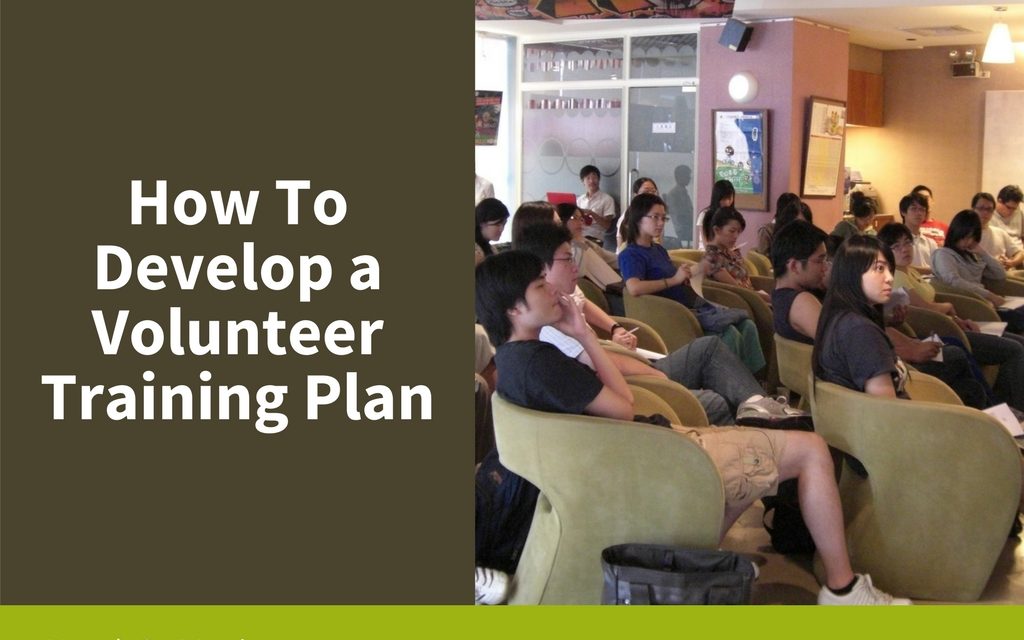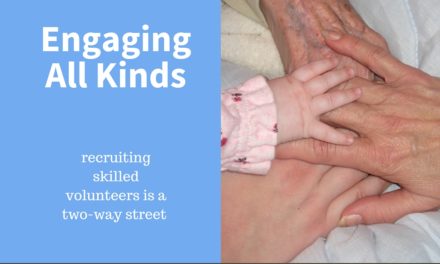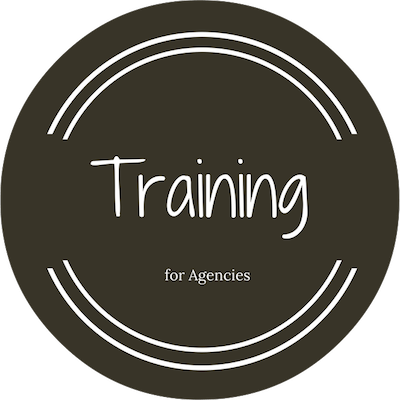Most volunteers for an organization perform specialized tasks with a specific set of skills and know-how. Occasionally, a volunteer will show up already armed with the necessary skills. Usually, however, some form of volunteer training needs to take place. Read on to learn how to develop a volunteer training plan to teach your new volunteers the skills they need.
Do I need to develop a volunteer training plan?
Not always. For very simple tasks, such as handing out flyers, a quick volunteer orientation will probably be sufficient. For any volunteer opportunity that requires a certain skill set, however, we strongly recommend having a training plan in place.
Reasons to Develop a Volunteer Training Plan
Following a volunteer training plan benefits both the organization and its new volunteers. Formal volunteer training helps with the following:
[bctt tweet=”Having a #volunteertraining plan benefits both the organization and its new #volunteers.” username=”HandsOn_Maui_”]
- To help new volunteers get to know your organization, its people and where they fit in.
- To establish a level of competency that all volunteers are expected to obtain.
- To benefit volunteers by teaching them skills that may be helpful to them elsewhere.
- To publicly acknowledge a necessary level of proficiency. By training your volunteers, you are making the statement that the organization is professional and capable of doing important work and doing it well.
- Some organizations use training as a “weeding out” technique, making sure that volunteers who have signed up will be likely to live up to their commitments.
What the Volunteer Training Plan should Cover
Every organization is different, but there are four basic concepts that a typical volunteer training plan should cover:
What to do: What your organization expects of its volunteers, including the tasks assigned to them
How to do it: The specific set of skills and knowledge that a volunteer needs to complete their task
What NOT to do: Common mistakes, and how to avoid them
What to do in case of…: How to handle certain situations, including possible accidents, changes and emergencies
Developing a formal training plan can take some upfront work, but it will pay off with new volunteers who have the right skills to fulfill your agency’s mission.











